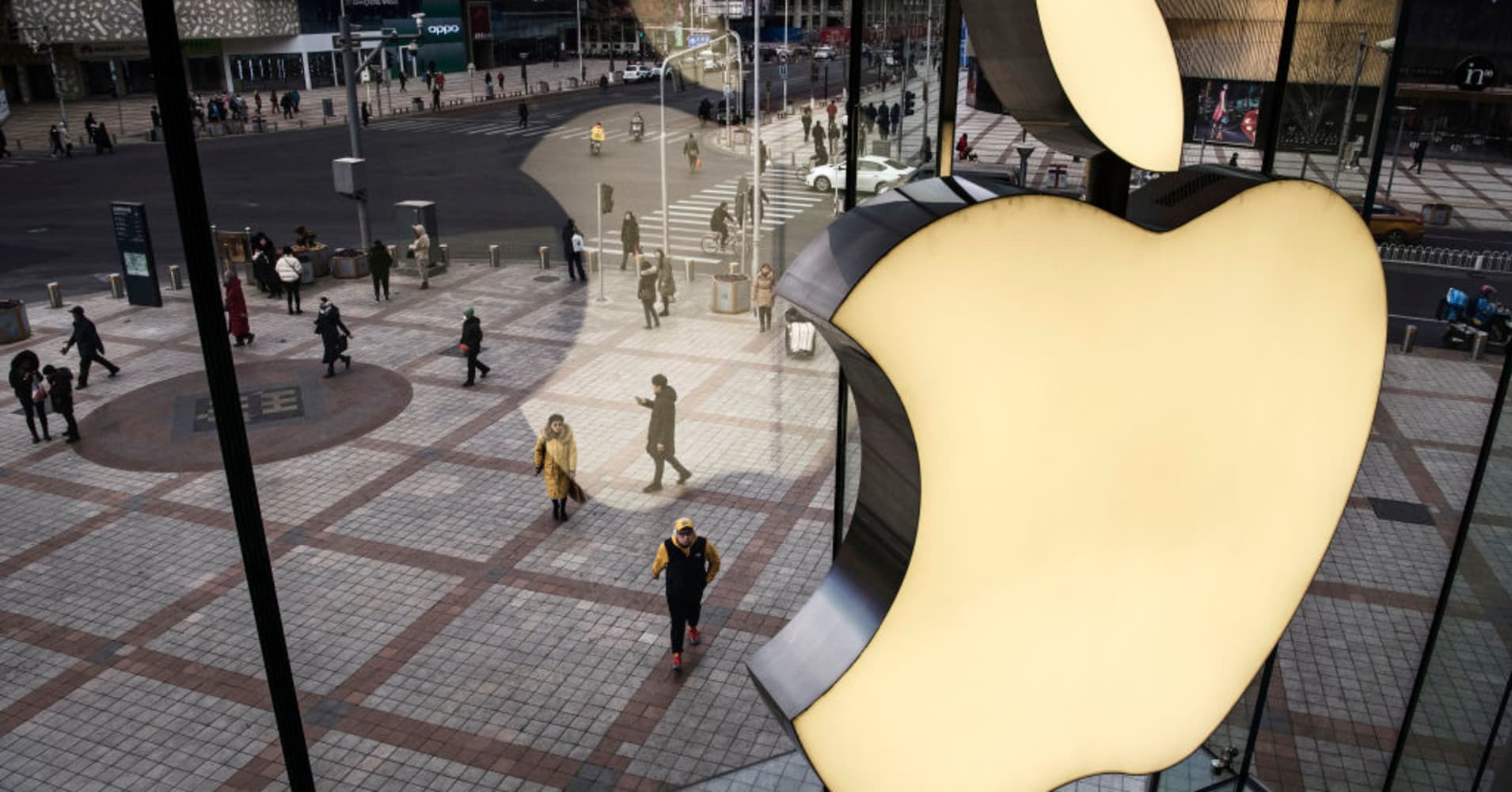
Apple finally stood up to Facebook and Google on matters of privacy, and it made a powerful point about the influence it wields in mobile.
Apple this week revoked the enterprise developer licenses of Facebook and Google, temporarily disabling internal employee-only apps, after reports that each company had side-loaded apps onto Apple's operating system that violated the company's rules. The license suspensions halted app development inside both companies and disrupted basic corporate functions until the privileges were restored Thursday night.
Facebook employees couldn't access even their calendars or company transit schedules, according to a report by The New York Times. Facebook will now have to rebuild "a few dozen" of internal apps, which could take weeks, according to a company memo defending the company's research app obtained by Business Insider.
Both news outlets reported some Facebook employees blamed Apple for the snafu and thought of the suspension as an act of retaliation in the companies' ongoing feud.
"Apple's view is that we violated their terms by sideloading this app, and they decide the rules for their platform," Facebook executive Pedro Canahuati said in the memo seen by Business Insider. "Our relationship with Apple is really important — many of us use Apple products at work every day, and we rely on iOS for many of our employee apps, so we wouldn't put that relationship at any risk intentionally."
Apple CEO Tim Cook has been teasing a privacy standoff with the internet giants. During a speech in Brussels in October, Cook stopped just short of naming Facebook and Google in his comments blasting data collection firms and claiming personal information has been "weaponized against us with military efficiency." He also characterized data collection practices by companies like Google and Facebook as "surveillance."
And yet this is the first time Cook has taken significant action against Facebook or Google. Apple has previously launched educational privacy measures — user alerts within Safari about data tracking or Time Spent measures on iPhones, for example. But it's never hindered development or access.
The move this week underscored just how much damage Apple could to do to Facebook's and Google's core businesses if it wanted to.
Of course, there are reasons to play nice.
Facebook and Google products are among the most popular in the App Store, driving downloads and service fees for Apple's burgeoning Services revenue segment. Google also pays Apple something like billions each year to be the default search engine on products like the iPhone.
Apple said on Wednesday the license suspensions were a means to "protect our users and their data." It remains to be seen whether the company will recycle that logic in the future.
After all, as Canahuati conceded, Apple decides the rules.
WATCH: Facebook was misusing Apple platform to get data from kids, says expert
No comments:
Post a Comment